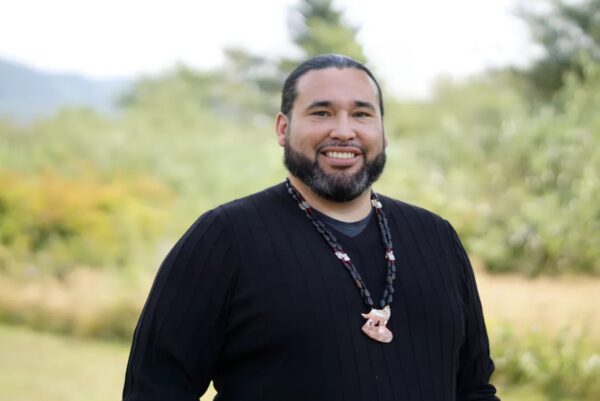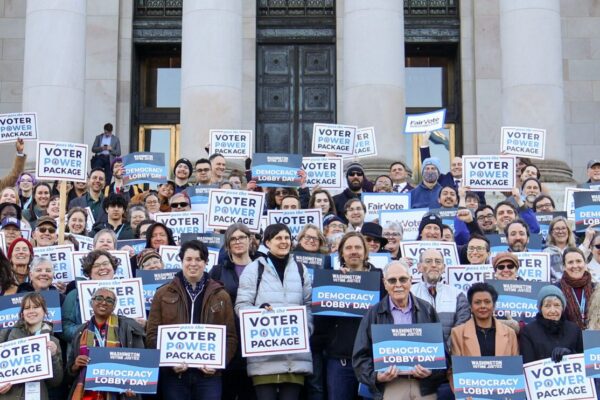April 24, 2023, Olympia, WA — State legislators in Olympia invested a landmark $83 million in forest conservation and ecological forest management practices to boost carbon sequestration on state lands. This funding marks the first time the state government will set aside timber acreage strictly for its carbon value, by designating it a high-impact “natural climate solution” worthy of funding under the Climate Commitment Act’s Natural Climate Solutions Account.
“In our inaugural year to invest Climate Commitment Act revenues, we established that Washington’s forests will be an essential part of our state’s climate strategy,” said Senator Christine Rolfes, Chair of the Senate Ways and Means Committee. “We also invested in more state forestland for rural counties and invested directly in timber jobs. You don’t usually have clear win-wins in the legislature, and this is a big one for forests, climate, and communities. I applaud my colleagues and all who worked to find common ground.”
Washington’s older public forests are a key part of the identity of rural Washingtonians and are among the best forests in the world at sequestering and storing carbon. Preserving older forests and buying additional forest land maintains a vital cultural and economic engine in small communities across Washington, avoids significant carbon emissions, and ensures that our state’s most cost-effective carbon sinks continue to clean our air.
“State legislators sent a decisive message by allocating $83 million to conserve ecologically significant older forests on state lands,” said Rachel Baker, Forest Program Director of Washington Conservation Action. “This historic investment affirms that forests are central to Washington’s response to climate change, and ushers in a new era of managing state lands for both public benefit and rural livelihoods—consistent with the State Supreme Court’s CNW v. Franz decision. We are excited that local communities want to protect these unique forests, inspiring a win-win solution for all the people of Washington.”
This new funding will permanently conserve 2,000 acres of older, carbon dense, structurally complex state forests across Western Washington and buy younger replacement forests to provide revenue to rural communities. Some of the replacement timberlands bought by the funds will also replace “encumbered” lands that were previously removed from the timber sale schedule due to endangered species requirements. This package also funds silvicultural practices on state lands that will improve forest health and increase carbon sequestration.
“We are pleased to see the Legislature make a foundational investment from the Climate Commitment Act in our state forests,” said Peter Goldmark, former Commissioner of Public Lands and Board Chair of Center for Responsible Forestry. “Our older forests are world-class carbon workhorses, one of the most cost-effective tools for helping our state get to net zero emissions by 2050. A common-sense deal like this that supports timber communities and protects carbon-rich forests is a step in the right direction!”
“I honestly think this kind of creative solution is the future of forest management,” said Dr. Paula Swedeen, Senior Policy Director at Conservation NW. “This approach is good for everyone: cutting down our most carbon-dense forests makes no sense for our climate, and purchasing more working forest to replace encumbered lands in rural counties has been long overdue.”
“I am very pleased to see the legislature invest in our state forests as part of Washington State’s climate strategy,” said Heidi Eisenhour, Jefferson County Commissioner. “Jefferson County will benefit from the investments made in forest conservation, improved management and acquisition of additional forest lands. It is great to see solutions like this that are good for the climate, our communities and the wood products sector.”
The Legislature’s decision was made against the backdrop of over 30,000 comments submitted to legislators during the session about this new opportunity to protect older forests for their remarkably high carbon value.
The appropriation also includes $2.5 million to support the creation and operation of a diverse stakeholder group. This group will review forest carbon science, timber supply needs, and promising approaches to future forest conservation and management that will be good for the climate, rural communities, and the wood products industry.
###


